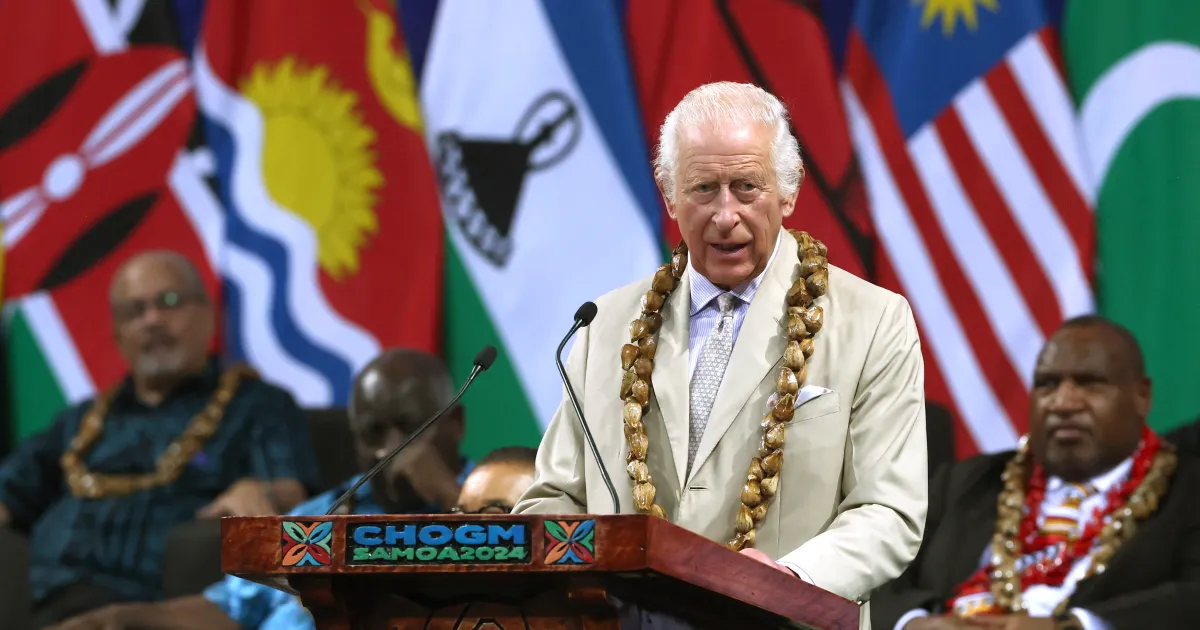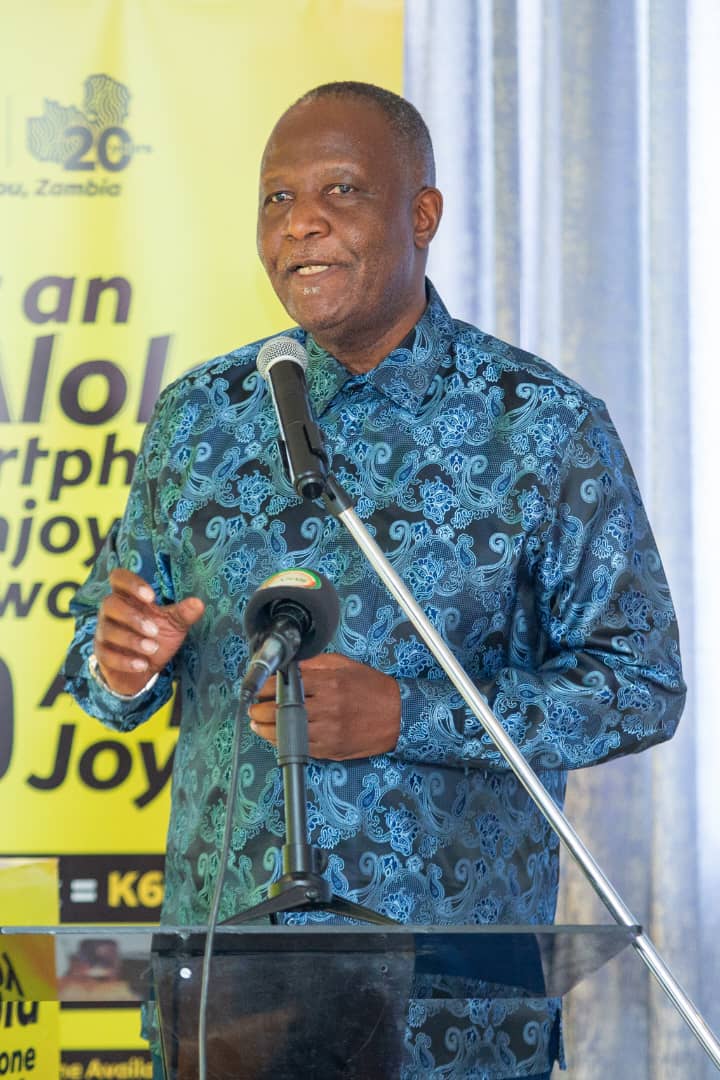In a historic move, 56 Commonwealth heads of government, including UK Prime Minister Sir Keir Starmer, have signed a document acknowledging the call for a reparations dialogue to address the legacy of the transatlantic slave trade. This declaration marks a significant step toward reparatory justice, long sought by nations deeply affected by the atrocities of slavery.
The document calls for a “meaningful, truthful, and respectful conversation,” aiming to open an unprecedented chapter in Commonwealth relations.
Sir Keir Starmer underscored that no financial commitments were discussed, emphasizing that the UK’s position remains against monetary reparations. Instead, the Prime Minister highlighted that the broader summit agenda focused on climate resilience, reflecting a shift in emphasis to current global challenges.
Nevertheless, the inclusion of reparations in the summit’s final statement—albeit brief—indicates a growing recognition of this pressing issue.
Rising Calls for Justice and Acknowledgment
For decades, countries affected by the slave trade have sought acknowledgment and
reparations, with the Caribbean Community (CARICOM) and African Union pushing for a
structured dialogue. Nations like Jamaica, Barbados, and Ghana have been vocal advocates for reparatory justice, contending that symbolic and financial reparations are essential for healing the economic and social wounds left by centuries of slavery and exploitation.
“Reparations are not merely financial,” said CARICOM’s Reparations Commission Chair, Hilary Beckles, in a recent interview. “They represent acknowledgment, responsibility, and a commitment to righting historical wrongs.” This broader perspective of reparatory justice
envisions restorative measures beyond compensation, including cultural preservation,
educational initiatives, and support for sustainable development projects in affected regions.
Symbolic vs. Financial Reparations: Diverging Perspectives
While financial reparations remain contentious, symbolic reparations—such as official
apologies, historical monuments, and educational resources—are increasingly seen as avenues for healing and reconciliation. Symbolic reparations offer Commonwealth nations an opportunity to acknowledge their role in the slave trade and reaffirm their commitment to human rights, social equity, and global unity.
By balancing symbolic and practical reparations, leaders can create a framework that prioritizes mutual respect and meaningful progress.
What’s Next? Moving from Dialogue to Action
The inclusion of reparations in the Commonwealth statement signifies a crucial shift in attitudes.
While many nations within the Commonwealth have not committed to direct financial reparations, the acknowledgment of a reparative dialogue signals the possibility of future actions that address historical injustices.
As discussions unfold, the Commonwealth faces an unprecedented opportunity: to transform a painful history into a catalyst for healing, justice, and cooperation among its member nations.
The path to reparations is complex, but the Commonwealth’s united stance on dialogue marks a meaningful step toward shared responsibility and historical reckoning.








